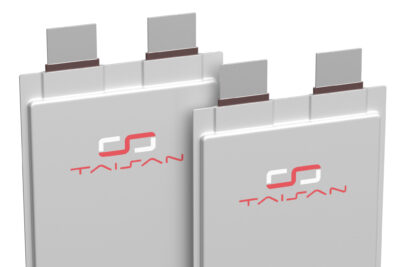EU law on securing critical raw materials comes into force
The European Union wants to make greater use of its own resources of critical and strategic raw materials. An act to this effect has been making its way through the legislative process since spring 2023 – and has now come into force. The breakthrough for the Critical Raw Materials Act came in mid-November 2023 with an informal agreement between Parliament and the Council.
The Act is particularly relevant for the electric mobility market with regard to the value and supply chain for electric vehicle batteries. Essentially, the EU has imposed local quotas for the mining, processing and extraction via recycling of critical raw materials. The benchmark here is the total demand in the European Union. For 2030, 10 per cent of critical raw materials must now come from local extraction, 40 per cent from processing and 45 per cent from recycling. In addition, the EU may not source more than 65 per cent of its annual demand for a strategic raw material from a single third country in 2030. This is intended to reduce the very high level of one-sided dependency on China in particular. Management consultancy P3 recently analysed the extent to which this can bear fruit in a white paper. Here is their assessment of what the Critical Raw Materials Act will really achieve for the EU.
However, the EU Commission emphasises that the new legal framework strengthens domestic capacities and circularity, while at the same time continuing to guide the “diversification efforts”. In addition, the law is intended to regulate national requirements for the development of exploration programmes and create the basis “to select and implement Strategic Projects”, which should benefit from simplified approval procedures and favourable financing conditions.
This is where the Critical Raw Materials Board comes into play, which met for the first time when the new Act came into force. According to the EU Commission, the board will play an important role in the implementation of the new policy framework by supporting the Commission in the selection and implementation of strategic projects, exchanging information on authorisation procedures and circular initiatives and facilitating international cooperation and strategic partnerships in the raw materials sector. The Committee is composed of representatives of the Member States and the Commission, with the latter holding the chair.
Project initiators can apply as of now. The EU Commission announced that it has opened a first call for applications for strategic projects under the European Critical Raw Materials Act. This will run until 22 August 2024.






0 Comments